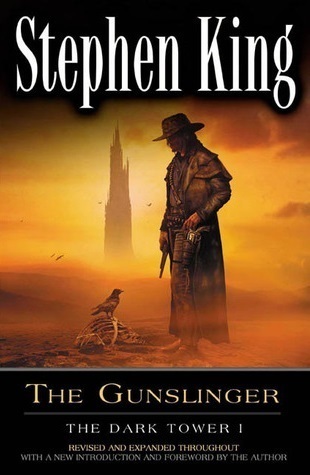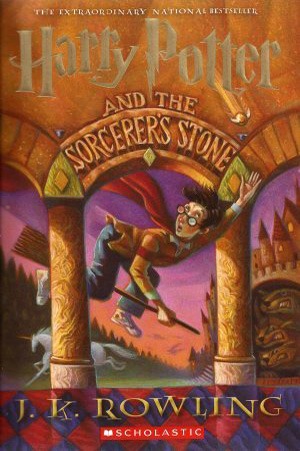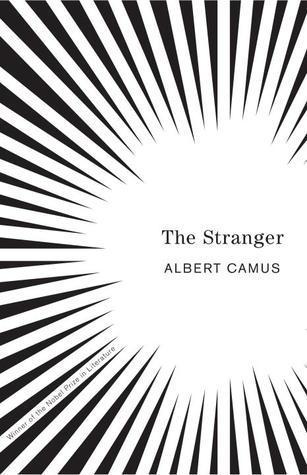Your Life Is More Than Ordinary

Everyday life always seems so ordinary. We get up in the morning. We work. We go home. We eat. We sleep. We repeat this cycle five or more days a week. We might stray from the routine when we have time off from our weekly responsibilities, but even in leisure, we often settle into some kind of recurring structure. It’s so monotonous. So regular. So ordinary.
But ordinary is only a minuscule component of the great epic we call life.
For all that the tedious day-to-day grind consumes us, it’s really nothing more than the thinnest of veils, behind which lies a vast and fathomless depth of exotic beauty, of incredible wonders beyond our wildest imaginings. On every level, the ordinary aspect of reality goes only skin-deep, from the daily routine that serves as the framework in which we define ourselves, in which we eventually choose, in the fullness of time, to be the hero or the villain; all the way down to the vague and ill-defined subatomic particles that comprise our physical being, behind which hide the sublime mysteries of existence and consciousness themselves.
Our minds require the ordinary, because they need something familiar to make sense of, and our bodies require the ordinary, because they need something tangible to interact with. But ordinary is only a thin veneer, an external symbolic manifestation of a much fuller reality that’s always with us, even when we can’t see it. In the depths of the extraordinary is where we search for and discover our purpose, where we think and feel, where we love and pray, where we experience the fullness of our existence.
We must not let the everyday tedium deceive us into believing that life is nothing more than the meaningless rabble of an eight hour work day.
We must be bold enough to call ourselves explorers. We must resolve to dive head-first, as deep as we can, into this extraphysical world, to be brave enough to embark upon our journey without ever looking back. Our purpose, our reason for being, our very souls themselves, are bound up and locked away in its infinite depths, waiting for us to claim them if only we have courage enough to go after them.
If we stray too long near surface things, if we allow ourselves to grow comfortable and complacent in the skin-deep realm of the ordinary, we’ll begin to wither and fade like uprooted wildflowers. We’ll become so consumed by the shallow meaningless doings of the ordinary world that we’ll lose sight of our purpose, of the great cosmic questions and wonders that would otherwise propel us to the stars. We’ll become one with a temporary dying surface-existence so completely that we’ll come perilously close to dying ourselves.
Touring the world of Fantasy is one of many ways to explore the extraordinary.
It’s in stories that we encounter the threshold between the extraordinary and the ordinary, the line that separates thought and motivation from act, that separates purpose and meaning from their observable physical effects. In the world of the imagination, the mind is free to contemplate and dream, to chart the boundless reaches of the unseen world that usually exists just out of sight.
Fantasy teases us with external observable analogs to the otherwise abstract mysteries that lay hidden beyond the veil. We witness acts of magic; we embark upon epic quests; we take part in grand sweeping romances that move mountains in the name of love. When we travel long enough through the world of Fantasy, we’re left with an indelible mark that we take with us into the real world. We’re left with the ability to perceive and understand the true abstract essences that comprise the things we witnessed in the vistas of so many fictional worlds, and we learn to recognize them in what once seemed so plain and ordinary.
And then something marvelous happens. The thin surface that separates the world of wonder from the world of the ordinary looses its opaqueness. Ordinary life becomes transparent to the extraordinary that lies just beyond its shallow boundary, and we’re forced to confront and come to terms with the wonders that we were created to explore. Once this happens, nothing can stand in the way of our search for meaning, for purpose and for truth.
Dare to embark on this epic quest.
Seek out the extraordinary. Search for your purpose, for your soul. Search long and hard, high and low, in a world where there will never be a dull moment, where there will always be something new and exciting to discover. Do this, and you will be forever transformed.
Enter your email address and click "Submit" to subscribe and receive The Sign.


